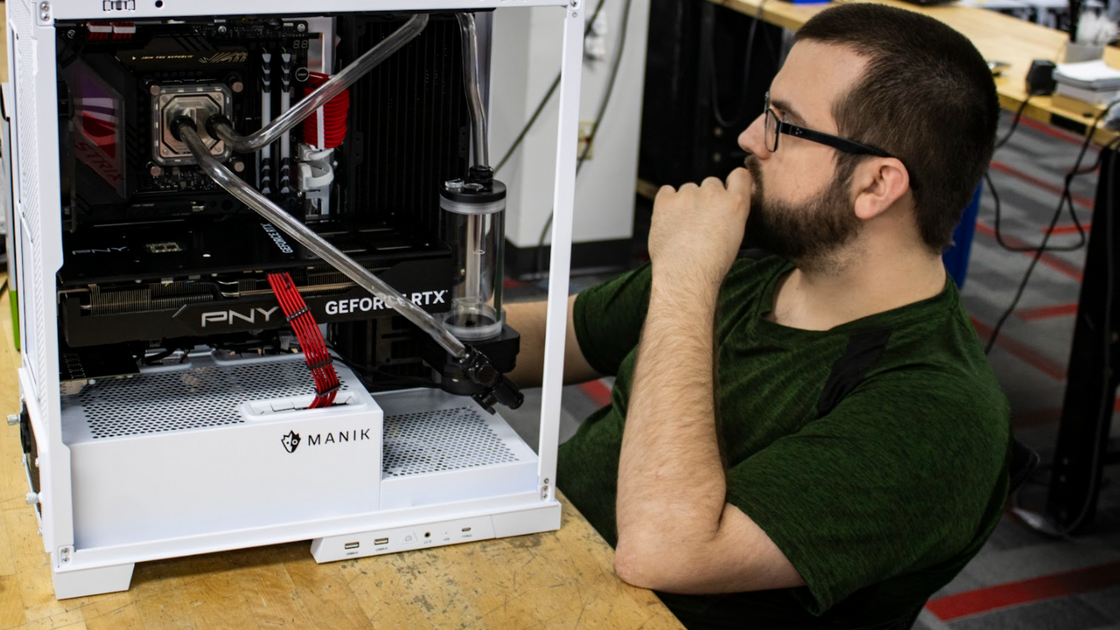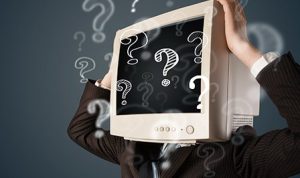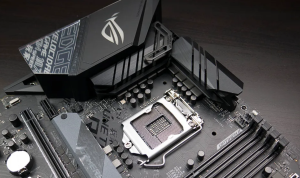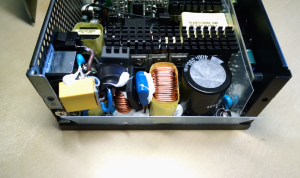Upgrading Your Hardware for Better Gaming Performance is an essential step for any gamer looking to enhance their experience. With the fast-paced evolution of video games, having the right hardware can make all the difference between lagging behind and staying ahead of the competition. This guide dives into the various aspects of hardware upgrades, from graphics cards to processors, and examines how these changes can elevate your gaming sessions.
In today’s gaming world, performance is key. Whether you’re a casual player or a competitive gamer, understanding how to effectively upgrade your hardware can lead to smoother gameplay, stunning graphics, and an overall more immersive experience. From evaluating your current setup to choosing the right components, this overview will provide you with the insights needed to make informed decisions.
In today’s fast-paced world, where technology is evolving at an unprecedented rate, the significance of effective communication cannot be overstated. Whether in personal relationships or professional settings, the ability to convey thoughts clearly and concisely is paramount. In this article, we will explore the various aspects of communication, its importance, and some tips for enhancing your communication skills.Effective communication is more than just exchanging words; it involves understanding the emotions and intentions behind the words.
It plays a crucial role in building and maintaining relationships, whether they are personal or professional. When people communicate effectively, misunderstandings are minimized, and relationships are strengthened. Moreover, effective communication fosters collaboration and teamwork, essential elements in any successful organization.One of the key components of effective communication is active listening. This means fully concentrating on what is being said rather than just passively hearing the message.
Active listening fosters a deeper understanding and shows respect towards the speaker. To practice active listening, it is essential to give your full attention, avoid interrupting, and provide feedback that indicates you are engaged in the conversation. This can be as simple as nodding your head or summarizing what the speaker has said to confirm understanding.Another fundamental aspect of communication is clarity.
When expressing thoughts or ideas, it is vital to be clear and straightforward. Avoid using jargon or overly complex language that might confuse the listener. Instead, use simple, direct language to convey your message effectively. For instance, instead of saying, “We need to optimize our operational efficiencies to enhance productivity,” you might say, “We need to work smarter to get more done.” This approach helps ensure that your audience understands your message without any ambiguity.Non-verbal communication is equally important.

Body language, facial expressions, and tone of voice can significantly impact how a message is received. For example, maintaining eye contact can convey confidence and sincerity, while crossed arms may signal defensiveness or disinterest. Being aware of your body language and that of others can help enhance your communication effectiveness. It is essential to align your verbal and non-verbal messages to avoid any mixed signals.Furthermore, empathy plays a crucial role in communication.
Understanding and acknowledging the emotions of others can create a more profound connection and improve interactions. When you express empathy, you show that you not only hear what others are saying but also understand how they feel. This can be particularly beneficial in resolving conflicts, as it helps create a safe environment for open and honest discussions.In addition to these skills, it is essential to adapt your communication style to suit your audience.
Different situations call for different approaches. For instance, the way you communicate with a close friend may differ from how you express yourself in a business meeting. Being mindful of the context and the people involved can help tailor your message for maximum impact.In the workplace, effective communication is vital for enhancing productivity and fostering a positive work environment. Clear communication helps set expectations, provides feedback, and encourages collaboration.
When team members communicate openly and honestly, it can lead to improved morale, increased employee engagement, and better overall performance.Moreover, in a globalized world, where teams often consist of individuals from diverse cultural backgrounds, being culturally aware becomes essential. Different cultures have distinct communication styles, and understanding these differences can prevent miscommunication and promote inclusivity. Being open to learning about other cultures and adapting your communication style accordingly can significantly enhance your interactions in a multicultural setting.As we navigate the digital age, communication has also evolved with the rise of technology.
While tools like email, messaging apps, and video conferencing have made it easier to connect with others, they also present unique challenges. Misinterpretation of tone and intent is more common in written communication, as non-verbal cues are often absent. Therefore, it is crucial to be mindful of how you phrase your messages and consider how they might be perceived by the recipient.To improve your communication skills, it can be helpful to practice regularly.
Engaging in conversations, participating in public speaking, or even joining clubs focused on communication can provide valuable experience. Additionally, seeking feedback from others can help identify areas for improvement. Constructive criticism can be a powerful tool for growth, enabling you to refine your skills over time.In conclusion, effective communication is an essential skill that impacts every facet of our lives.
By honing your active listening skills, striving for clarity, being mindful of non-verbal cues, practicing empathy, adapting your style to your audience, and being culturally aware, you can significantly enhance your communication abilities. The benefits of improved communication extend beyond personal relationships to professional success, making it a worthy investment of time and effort. So, whether in casual conversations or formal meetings, remember that effective communication is the key to connecting with others and achieving your goals.





